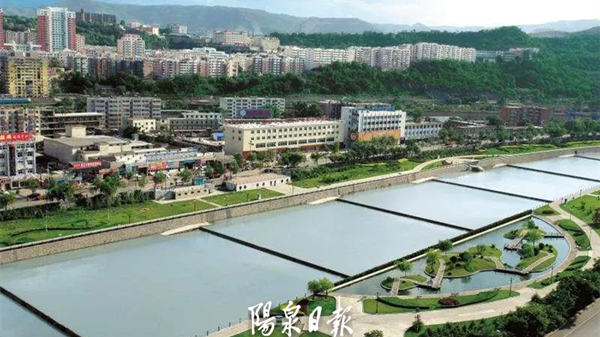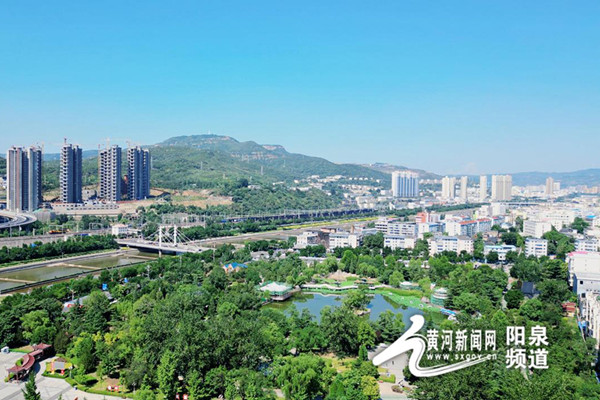University cooperation promotes Yangquan development
Yangquan city in North China's Shanxi province has remained committed to deepening the cooperation with universities this year, and has achieved fruitful results.
Build high-tech bases with universities
Yangquan has signed 80 cooperation projects with 60 universities including Peking University and Tsinghua University, and jointly built 12 cooperation bases including a university scientific research extension base, a scientific research transformation base and an investment promotion base.
Universities boost economic growth
Multiple university activities have been held in Yangquan this year such as 2021 "Shipingmei Cup" National College Student Cultural and Creative Competition, Shanxi Food Culture Festival, and the University Student Micro Film Invitational Tournament, which has promoted Yangquan's profile and helped bring in huge profits.
Promote high-tech industries by introducing university talents
Yangquan has been promoted to multiple highly educated talents who have accepted jobs at local high-tech enterprises.
One of the examples is Qingyan Yangquan Advanced Manufacturing Industry Research Institute, which specializes in technology transfers. Since it started cooperating with Tsinghua University, the institute has employed more than 20 graduates and most of them are postgraduate students and doctoral masters.
Transform industrial structure through education
The university talents provide new momentum for the transformation of the industrial structure in Yangquan. One of the examples is the introduced fog radar production technique that was created by a team from the Chinese Academy of Sciences, which helps the transformation of the environmental protection industry in Yangquan.
Universities accelerate rural revitalization
By focusing on promoting the construction of grassroots organizations, Yangquan is making relentless efforts in strengthening the collective agricultural economy by deepening the cooperation between universities and improving the research and transformation of agricultural products, and now 93 percent of villages have reached an average annual income of 50,000 yuan ($7,848.18).





